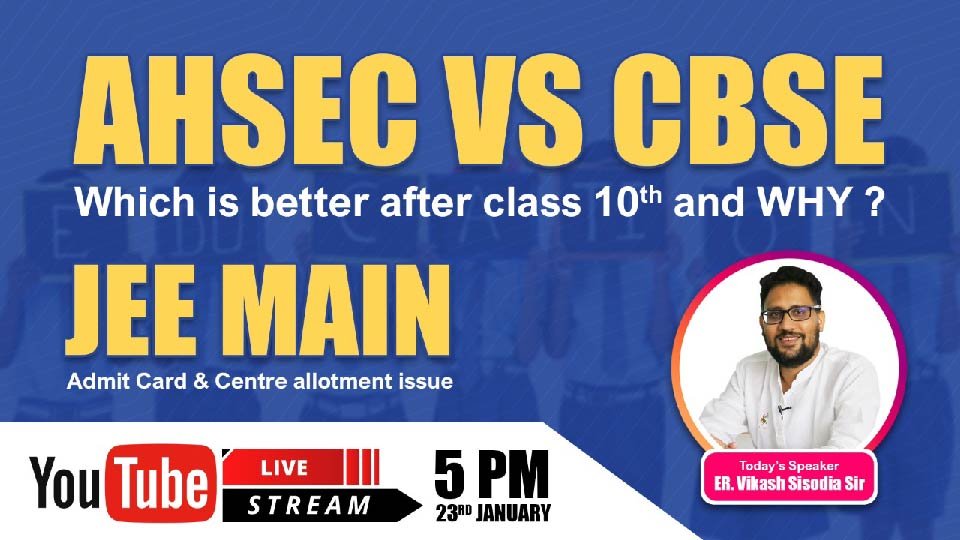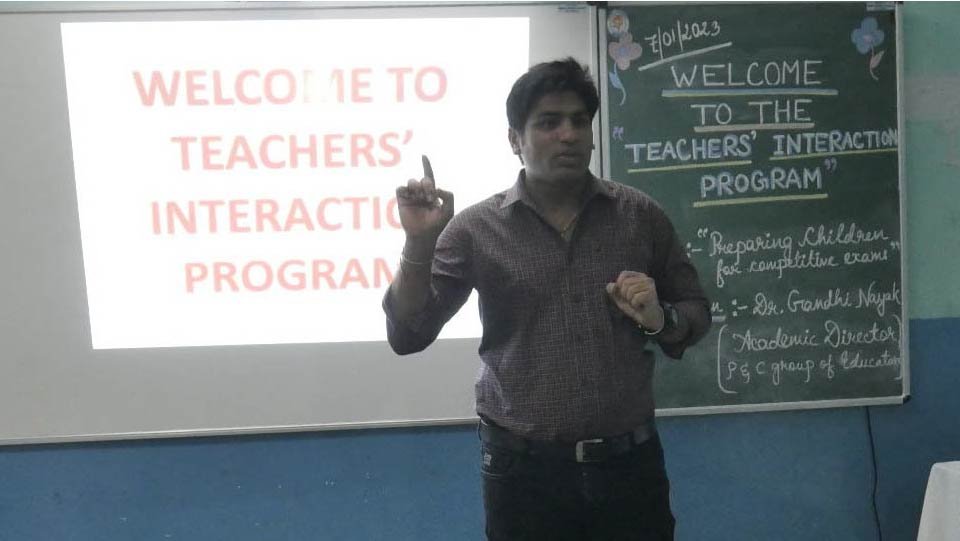What is India's New Education Policy 2023: Key Changes and Implications
Introduction
The New National Education Policy, which will go into effect in 2023, represents a turning point for India's educational system. On July 29, 2020, the Ministry of Education (formerly known as MHRD) made significant modifications to our educational policy after 34 years of adhering to the same standards. The New National Education Policy for 2023 has recently been approved by the Indian government. Therefore, it stands to reason that many would wonder "What this New National Education Policy genuinely is?" In order to assist them in finding a solution, our post is here. In this section, we'll go over all of the New National Education Policy's key components. We will also go into great detail on the NEP 5+3+3+4 structure. As a result, students who want to comprehend the government’s education policy should read this article.
- Name of the Education Policy National Education Policy 2023
- Organized by Ministry of Education, India
- The motto of the Policy Educate, Encourage and Enlighten
- Launch Date 29 July 2020
- Number of Editions of Education Policy in India 3 (1968, 1986, and 2020)
- Major Amendment From the Last Education Policy Replacement of 10+2 Structure by 5+3+3+4 Structure
- Four Pillars of the Policy Access, Equity, Quality, and Accountability
- Aim of the Policy 100% Youth and Adult Literacy
New Education Policy's Goals
The main goal of the National Education Policy is to bring India's educational standards up to par with those across the world so that it may become a leader in knowledge-based industries. The National Education Policy's universalization of education makes this objective possible.
As part of the National Education Policy 2023, the government has made a number of changes to the previous education policy with the intention of enhancing educational quality and helping children to receive a good education.
Principles of New Education Policy
Here are the New Education Policy's Fundamentals
- Determine each child's potential and help them reach it.
- Improve kids' literacy in reading and maths
- Offering adaptable educational possibilities.
- Funding for public education is needed.
- Boost the standard of schooling
- Introduce Indian culture to kids.
- Conduct top-notch research, impart good governance, and give kids authority
- Policy transparency in education
- Accentuate the use of technology, and assess
- Teach several languages
- Boost your child's logical thinking and inventiveness.
Benefits of the New Education Policy 2023
The advantages and characteristics of this policy are as follows:
- The New National Education Policy, which was put into effect by the Ministry of Education, has taken the place of the previous education policy.
- The Ministry of Education will now replace the Ministry of Human Resources.
- With the exception of medical and legal subjects, education will now be made universal under the national education programme.
- Previously, the 10 plus 2 pattern was used; however, under the new education policy, the 5 + 3 + 3 + 4 pattern will be used.
- There used to be a Science, Commerce, and Arts stream, but that won't be the case anymore.
- If they choose, students can study accounting in addition to physics or the arts.
- Computer languages will be taught to students in the sixth standard.
- Digital technology will be installed in every classroom.
- Virtual labs will be created, and all content types will be translated into local tongues.
- Executing the NEP will cost 6% of GDP.
- The student would have the option of studying Sanskrit and other classical Indian languages, if they so chose.
- To reduce the stress on the student, board exams will be administered twice a year.
- Software powered by artificial intelligence will also be used to speed up learning.
- Higher education is eliminating the M. Phil. degree.
- Three languages chosen by the state will be taught to the student.
- The national curriculum framework for education will be developed by the National Council of Educational Research and Training.
- The National Education Policy will be implemented through a number of institutions.
- The education and abilities of the kids will receive special attention.
New Education Policy 2023: Major Reforms
Below is a list of the Majo Reforms in Education Policy as outlined in the NEP 2023.
- The academic, professional, curricular, and extracurricular disciplines will not be clearly separated from the arts, sciences, or other fields.
- Reading and maths fundamentals will be given top priority.
- A 5+3+3+4 model is used in place of the 10+2 structure.
- No state forces its students to study in its official language.
- Two attempts at the board exams are allowed per student.
- The government will allocate 6% of the nation's GDP to education as opposed to 1.7% currently.
- Complete establishment of the gender inclusion fund is planned.
- The government will take extraordinary measures to guarantee that gifted children obtain a quality education.
- The undergraduate programmes are four years long.
- Application for the position of teacher will require completion of a 4-year integrated B.Ed. programme.
- For entrance to HEIs, a common admission test will be used.
- The Master of Philosophy programme will eventually be eliminated from the curriculum.
- Students will have a number of options to pick from in secondary school, including arts and crafts, vocational programmes, and physical education.
- The requirements for Board Exams will be established by the PARAKH organisation (Performance Assessment, Review, and Analysis of Knowledge for Holistic Development). The government will include classical literature from India and other countries in school curricula.
- Exams will only be given to students in classes 2, 5, and 8 rather than every academic year.
The 5+3+3+4 Structure: What Does it Mean?
The most striking change in the NEP 2023 is the substitution of the 5+3+3+4 structure with the 10+2 structure. The 10+2 formula has been employed in our educational system for a very long time. Therefore, a complete change in that arrangement can be confusing for the kids. Below, we'll attempt to clarify what the 5+3+3+4 structure means and how it differs from the previous 10+2 structure.
Under the new Pedagogical and Circular Structure, the administration has divided student education into four parts. The four divisions are Secondary, Middle, Preparatory, and Foundational. Throughout their academic careers, students' educational progress will be heavily reliant on these four stages of learning. These four levels of student education will be separated as follows.
- The Foundation Stage is the first phase of a child's education. In this programme, students will receive five years of grooming. These five years will cover first and second grades, as well as three years of Anganwadi/Pre-Primary/Balvatika.
- The second stage will be the preparation phase. The duration of this stage of education is similarly three years. The intermediate and secondary phases will be built on the foundation laid by the third, fourth, and fifth grades.
- The middle school years will be the third stage of schooling. Students in grades 6 through 8 are eligible for this. For the final three years of their schooling, secondary school, students will be prepared.
- The secondary stage will be the last phase of students' educational careers, with four years of instruction instead of two.
Significance of 5+3+3+4 Structure
The government anticipates that the 5+3+3+4 framework will emphasise students' cognitive development more. Through this approach, the government would enhance the educational experiences of children for their benefit. The 5+3+3+4 framework, as opposed to the 10+2 framework, will strengthen students' foundations from the foundational through secondary stages. Students will also benefit from this new framework as they fully exercise their entitlement to an education. Because the facility serves children from ages 3 to 18 rather than from ages 6 to 14. As a result, the students will receive assistance as soon as they enrol in school.
In addition, this structure will help to improve student retention rates dramatically. More students will finish their academic careers at their individual schools if this framework is put into place. In conclusion, students will gain from this new framework in every manner conceivable. A better literacy rate under this approach will also be advantageous for the future of our nation.
New Education Policy 2023: Digital Inclusions
Due to technology improvements, digital teaching methods have recently become a part of the educational system. Let's take a look at the digital strategies the government will use through NEP 2023 to enhance education.
- The National Educational Technology Forum (NETF) will be established by the government. This conference's goal is to showcase fresh, cutting-edge ideas that will enhance digital teaching methodologies in diverse institutions.
- In order to provide more resources for digital education, the government will create a new institution that will work across the entire nation.
- To enhance the many processes in the classroom, technology integration will be used.
State-Wise Implementation of the NEP 2023
Let's examine every state that has used NEP since it was first introduced.
- Karnataka was the first state to release a directive relating to NEP 2022 implementation in 2021.
- Later, on August 26, 2021, Madhya Pradesh decided to adopt a New National Education Policy.
- Yogi Adityanath, the chief minister of Uttar Pradesh, has said that the NEP will be implemented across the state gradually.
- The Goa state intends to implement the NEP in 2023.
- States like Assam, Rajasthan, Andhra Pradesh, and Maharashtra are attempting to embrace the New NEP.
- Meghalaya will soon be the first state to fully implement the New National Education Policy, according to the state's chief minister.
2023: Impact of the New Education Policy
The following impacts of the new education strategy for 2023 on many categories of concern:
On educators
The NEP will affect students, teachers, and instructional methods in addition to students. NEP 2023 stipulates that in order to serve as a teacher in a school, one must possess a B. Ed. The need that this B.Ed. programme be a 4-year integrated course is what draws attention to this. Only qualified educators will be hired for schools as a result of this technique, surely assisting in influencing the destinies of students.
On Undergraduate and Graduate Students
Students pursuing UG and higher education will also be impacted by the NEP 2023. The policy states that a UG degree would be multi-disciplinary, comprehensive, and flexible, lasting four years. Additionally, there will be plenty of possibilities for students to drop out of the degree programme. For instance, students who successfully complete a 12-month vocational or professional field course will be awarded a certificate. After two years, they will obtain a diploma, and after three years, a bachelor's degree.
PG courses are only allowed to last one to two years. Additionally, the Master of Philosophy programmes won't be offered anymore. The elimination of the college affiliation system over the course of the next 15 years is the most ambitious choice made in this programme for college-level education. A new organisation will also be created to oversee all programmes offered at higher education institutions, with the exception of those in law and medicine.
For Mother Tongue Instruction
The ability for students to study in their home tongue or regional language up until the fifth grade is one of the most important developments in the NEP. Additionally, according to the administration, this cap can be raised until the eighth grade. If students study in their native language, they will be better able to comprehend what their lecturers are teaching them. Additionally, this rule will encourage students to study their mother tongue more.
Registration Process
All applicants who want to join the National Education Policy site must follow the method outlined below.
- First, go to the MYNEP2020 Official Website.
- You will be taken to the home page.
- Click the Register link on the homepage.
- The registration form will be displayed to you.
- Input all of the information requested in the form, including your name, date of birth, Aadhar number, mobile number, email address, address, district, city, and PIN code.
- After completing all of your information, select the Register option.
- You can easily register under NEP Portal using this method.
Conclusion
The National Education Policy 2023 is a significant reform that has been long needed and aims to improve the inclusiveness, adaptability, and learner-centeredness of the Indian educational system. The new approach aims to solve current problems and shortfalls in the educational field and offer top-notch instruction to all pupils, regardless of socioeconomic status.
The proposed strategy calls for a thorough and integrated approach to education that emphasises the growth of skills, multidisciplinary learning, and the promotion of creativity and critical thought. The use of technology and online resources to enhance learning is also emphasised.
FAQ
Q1. What is the new national education policy for 2023?
Ans. The 5+3+3+4 model, a novel structure for Indian school education, is among the ideas it puts forth. This new framework suggests substituting a more adaptable and all-encompassing approach to education for the outdated 10+2 structure that has been in use for several decades.
Q2. What is the new education policy 5+3+3+4?
A foundational stage from 3 to 8 years old, three years of pre-primary education from 8 to 11, a preparatory stage from 11 to 14, and a secondary stage from 14 to 18 years old will all be included in the 5+3+3+4 structure.
Q3. What are the benefits of NEP?
Ans. Less exam stress: By focusing students' attention on practical skills and career development, the new school structure will lessen the burden of board exams. Flexible subject options give students more opportunities to learn.
Readers must note that this is the largest policy choice the Indian educational system has made in a very long time. These transformational and forward-thinking adjustments to the educational framework were developed in response to the demands of the contemporary environment. This approach would enhance Indian students' chances of obtaining degrees from internationally renowned universities by collaborating with leading ed-tech firms in India like Leverage Edu. Future changes must be anticipated by students, who must also keep up with pertinent advancements in the educational system.
Q4. What is the aim of the National Education Policy 2023?
Ans. The National Education Policy 2023's stated goal is to bring India's educational standards up to par with those across the world so that it may become a leader in knowledge-based industries. The policy seeks to accomplish this by making education accessible to all people, raising the standard of education, and facilitating children's access to a quality education.
Q5. What is the NEP 2023's approach to vocational education and skill development?
The NEP 2023 places a strong focus on the necessity of early vocational education and skill development, beginning with the foundational stage. The goal of the strategy is to give students a well-rounded education that combines intellectual and practical training, enabling them to pursue their career choices and encouraging lifelong learning. In order to give students the opportunity to develop practical skills and experience the real world, the strategy also emphasises the value of apprenticeships, internships, and other types of hands-on learning opportunities.
Q6. How does the NEP 2023 promote inclusivity and equity in education?
Ans. The NEP 2023 prioritises inclusivity and equity in education by pushing for education to be available to all people and closing the digital divide. By making education free and required for all students from preschool through secondary school, the policy hopes to ensure that all children, even those from poor circumstances, have access to high-quality instruction. The strategy also emphasises giving underprivileged groups and those with disabilities equal chances. The NEP 2023 also promotes the use of technology and online resources to reduce the educational achievement gap between urban and rural communities.
Q7. How does the NEP 2023 promote research and innovation in education?
Ans. In order to encourage students' intellectual curiosity and creativity, the NEP 2023 places a high emphasis on research and innovation in the classroom. The policy promotes the creation of multidisciplinary research centres, partnerships between academia and business, and domestic and international research networks. The strategy encourages the use of technology and online tools to support research and innovation in the field of education.
Q8. What are the challenges in implementing the NEP 2023?
Ans. Significant financial resources, infrastructural expansion, and regulatory changes at many levels will be needed to implement the NEP 2023. The ability and preparation of administrators and teachers to successfully execute the new curriculum and assessment systems is another issue the policy must address. Additionally, good coordination and collaboration across numerous stakeholders, including governmental agencies, academic institutions, and civil society organisations, are essential to the policy's success.
Q9. What is NETF, and how will it improve digital teaching methods?
Ans. The National Educational Technology Forum is known as NETF. The government organised the conference to share fresh and creative concepts for enhancing digital teaching strategies across different schools.
Q10. How will technology be integrated to improve classroom operations?
Ans. The NEP 2023 intends to incorporate technology to enhance instructional processes using cutting-edge digital teaching strategies and resources.

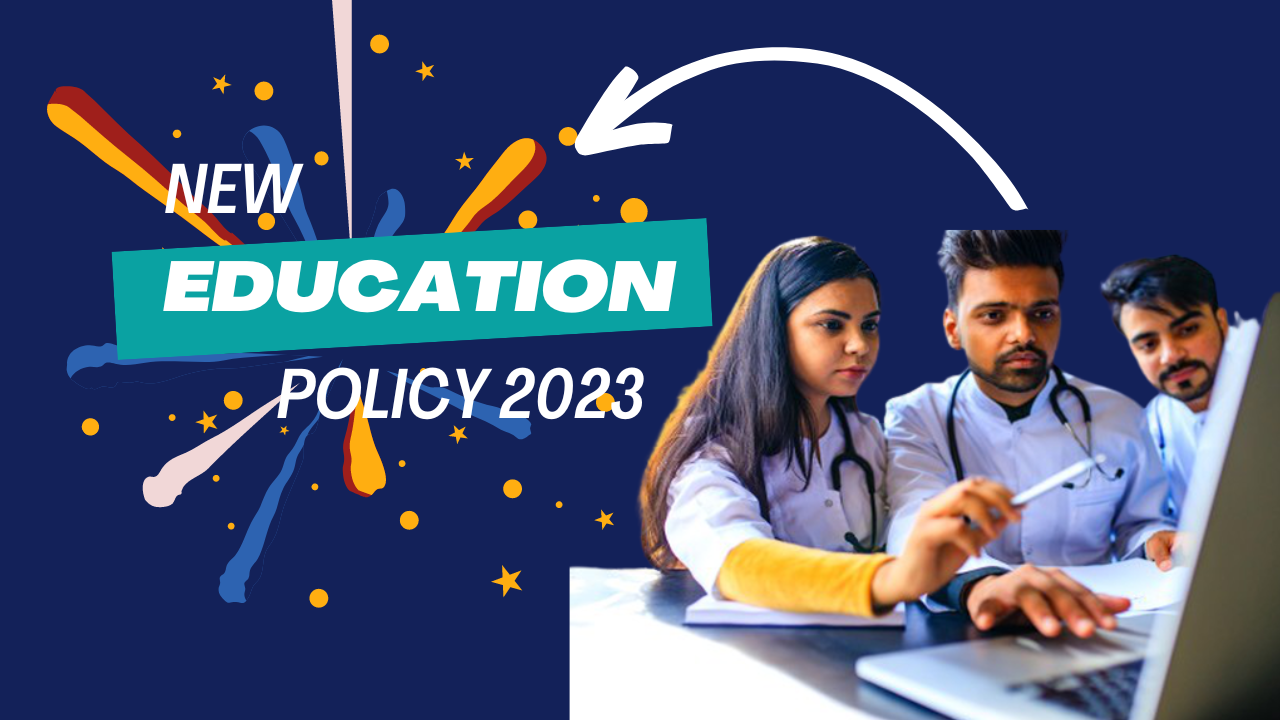

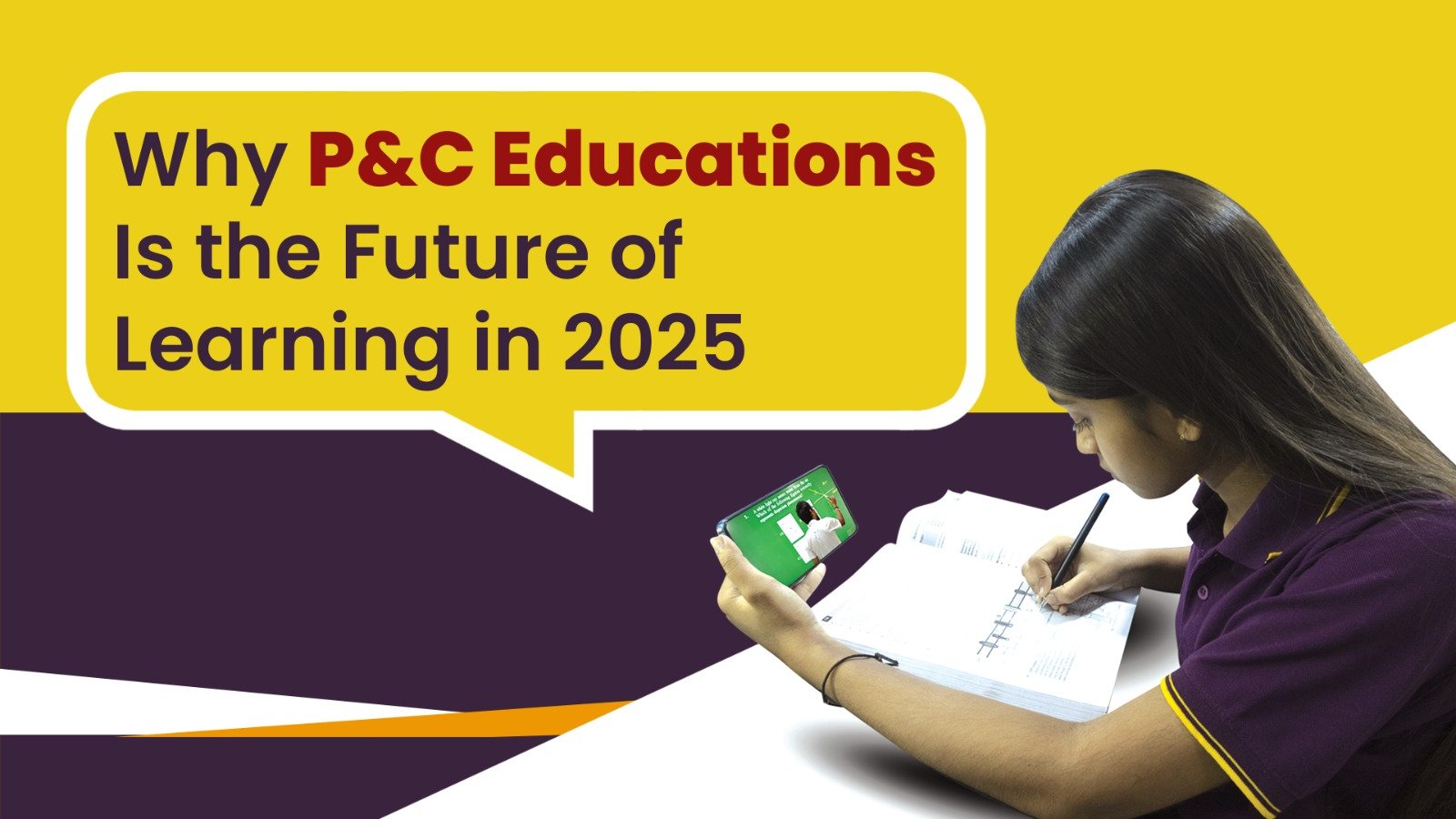
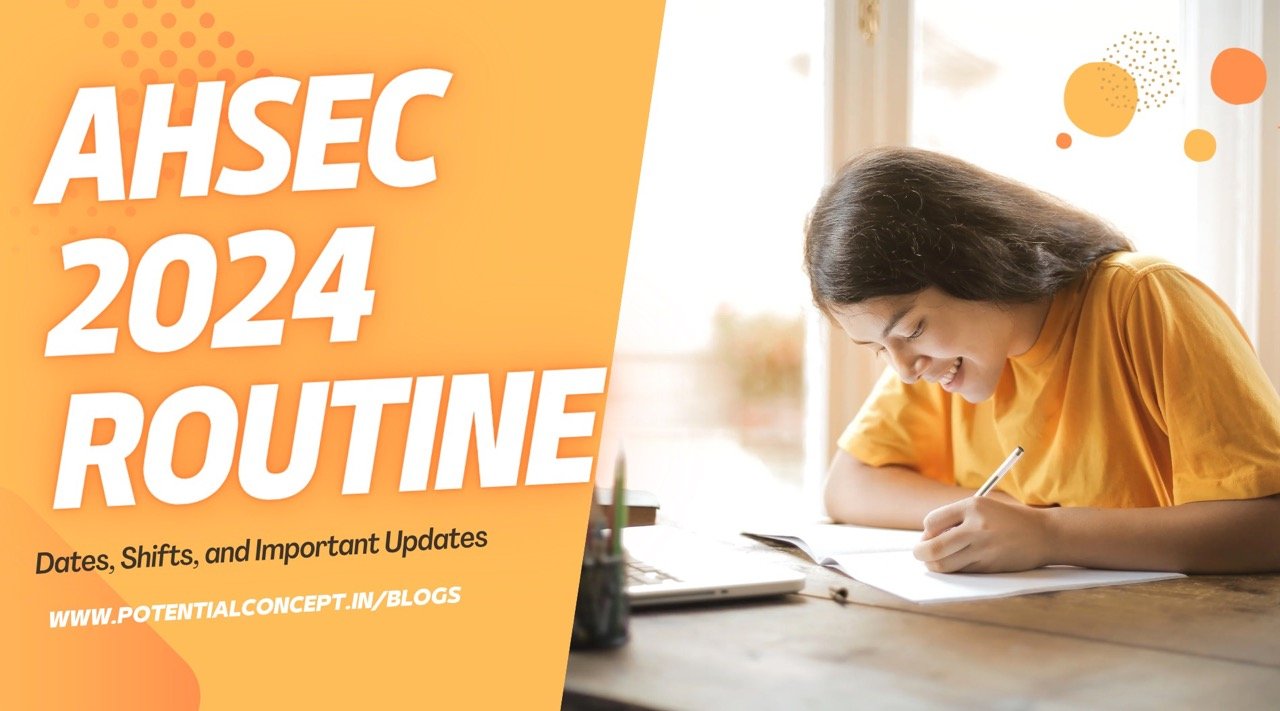
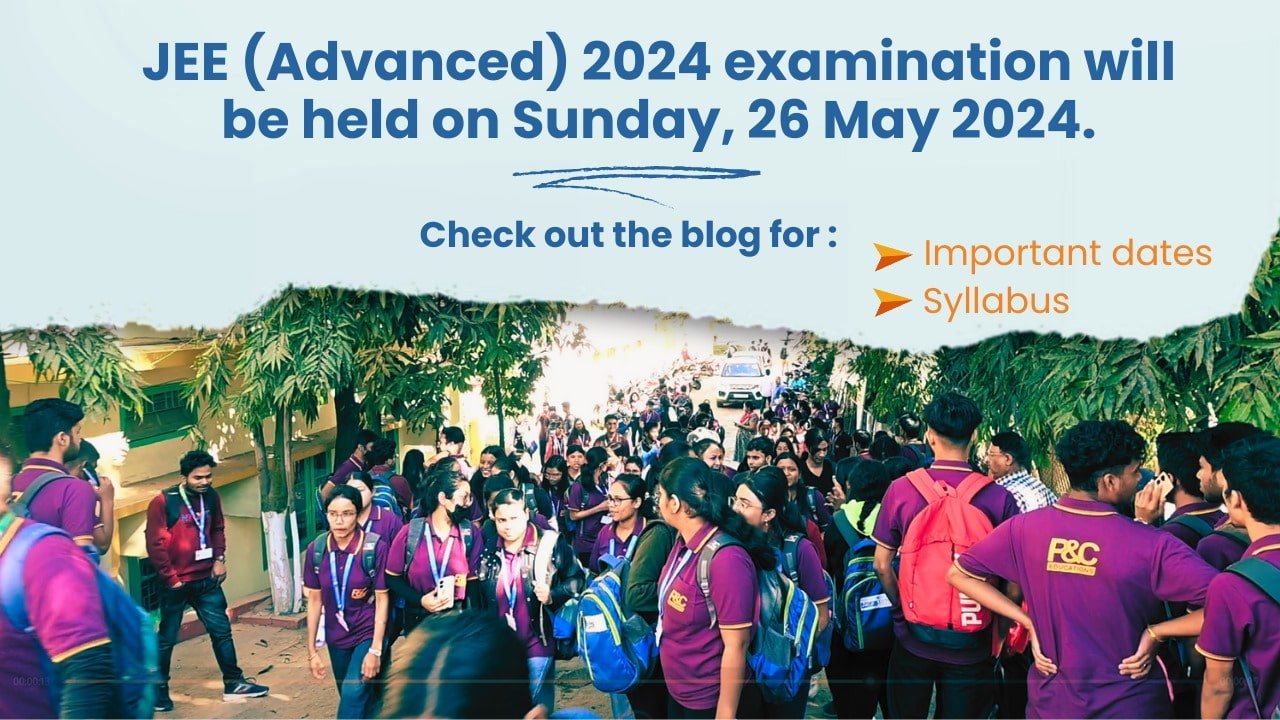

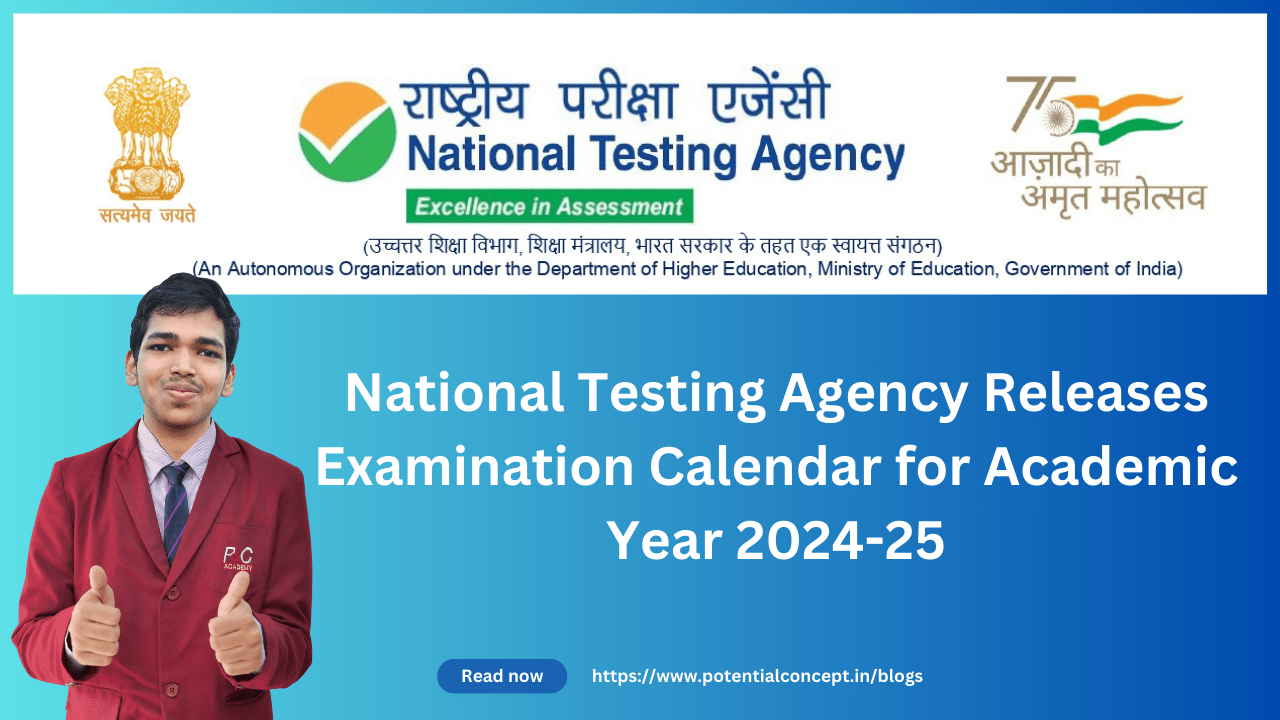
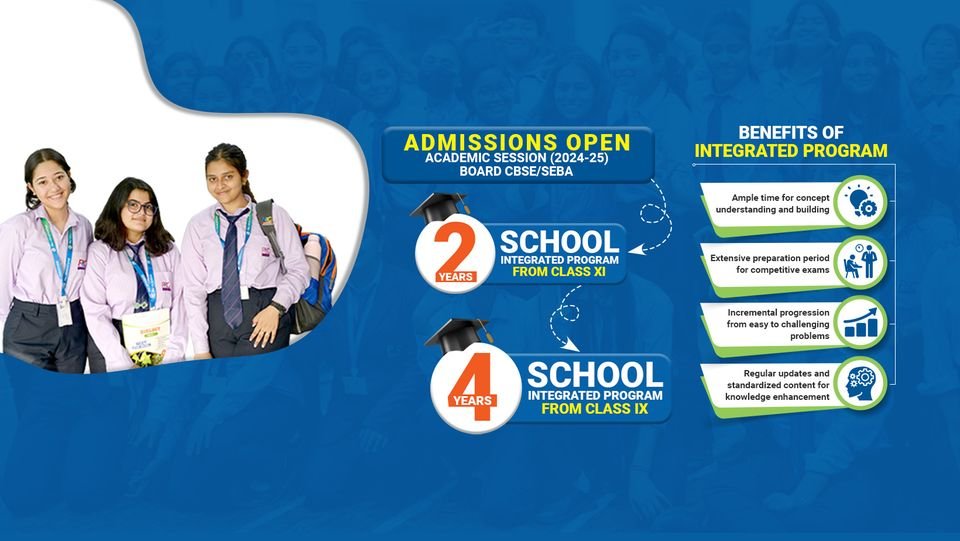



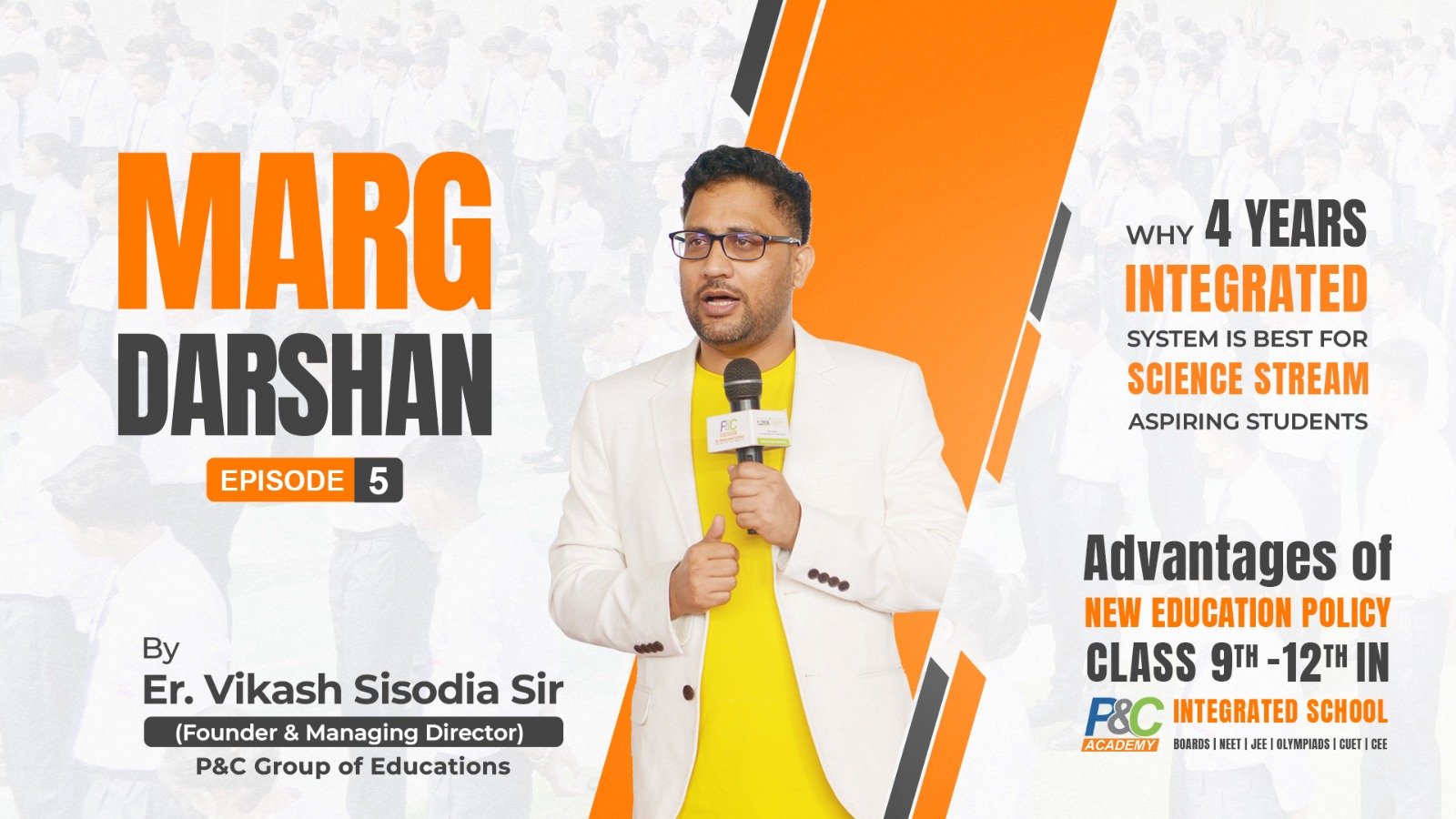

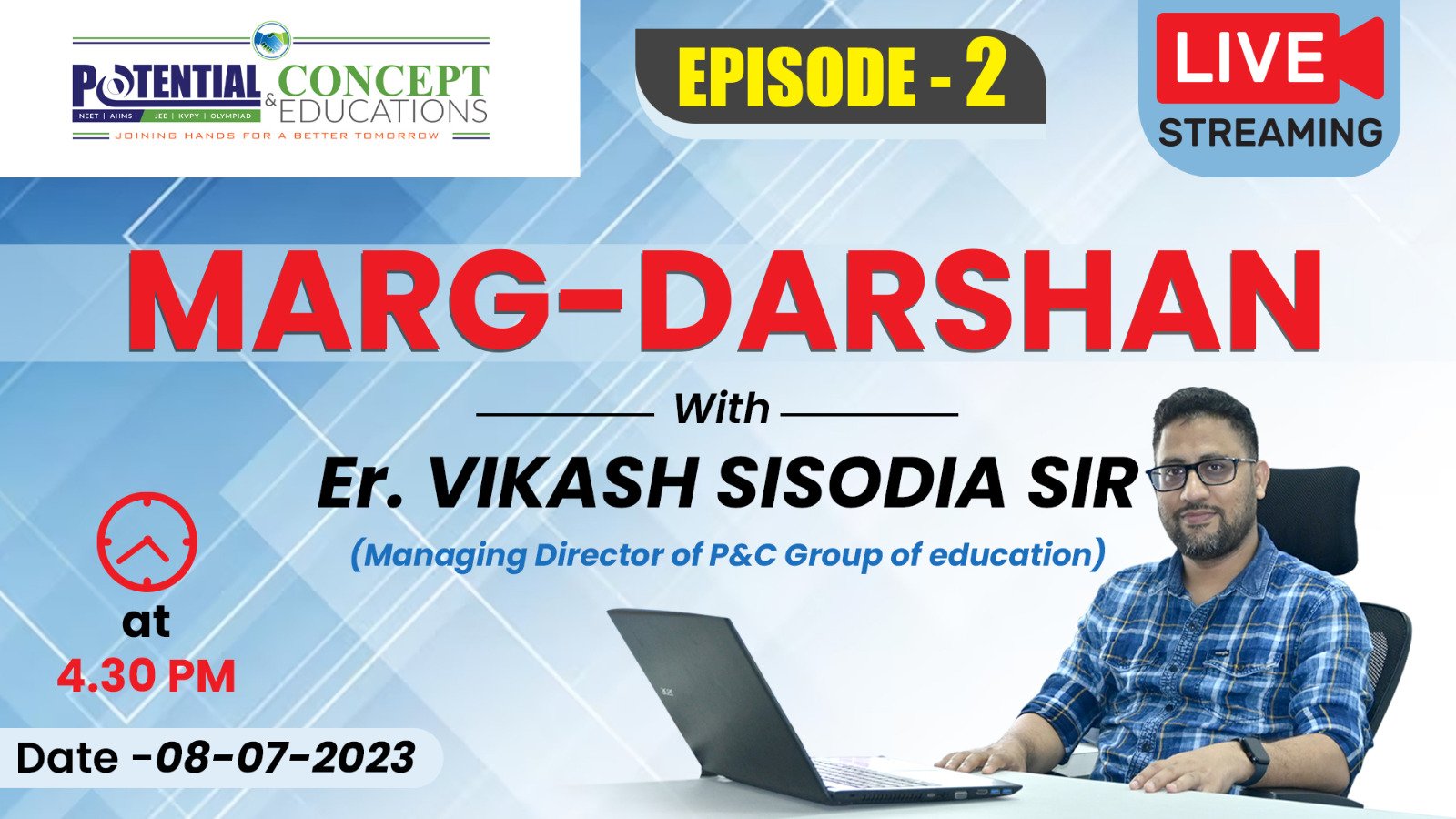
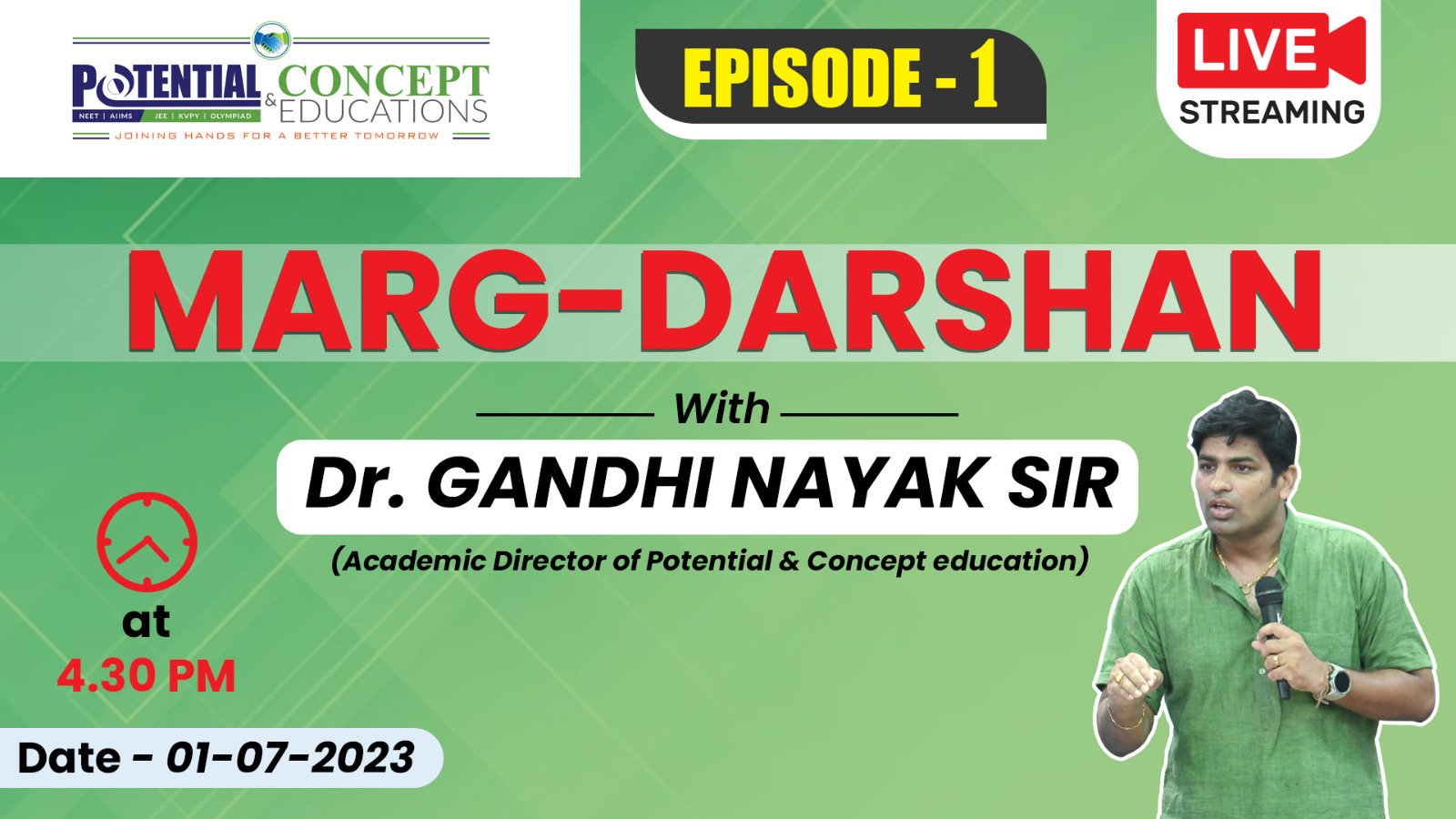

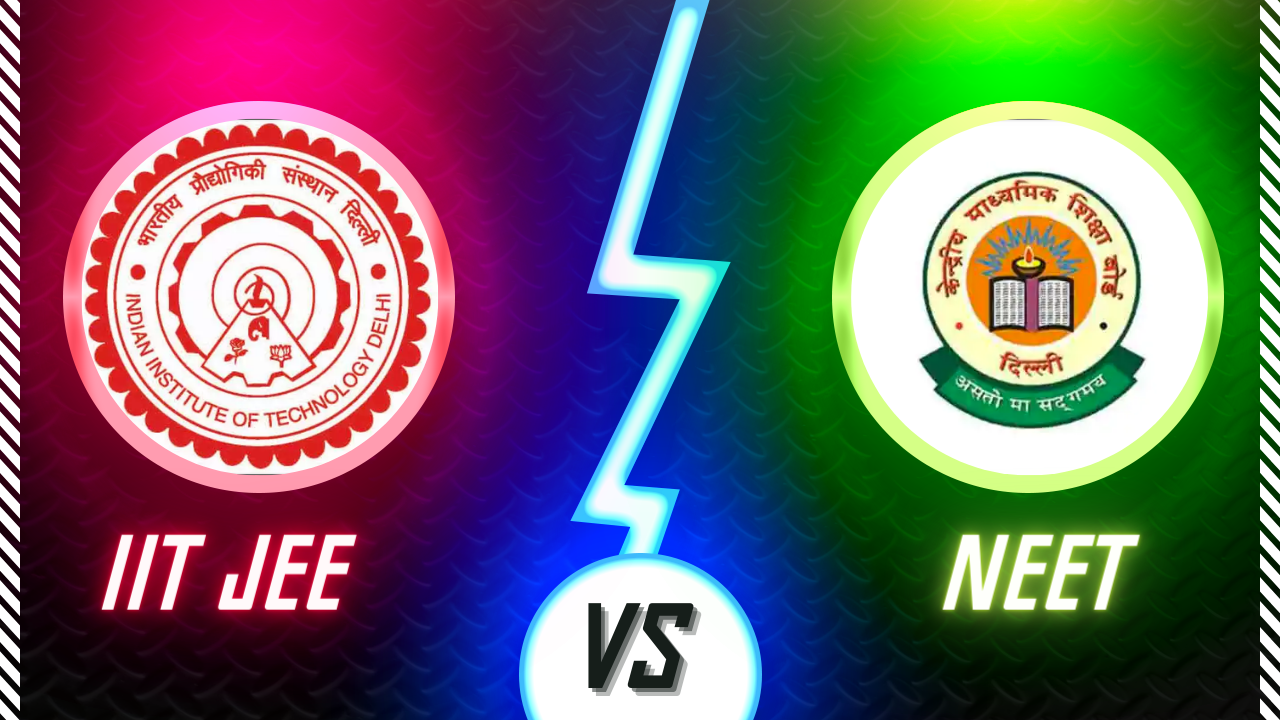



.png)
